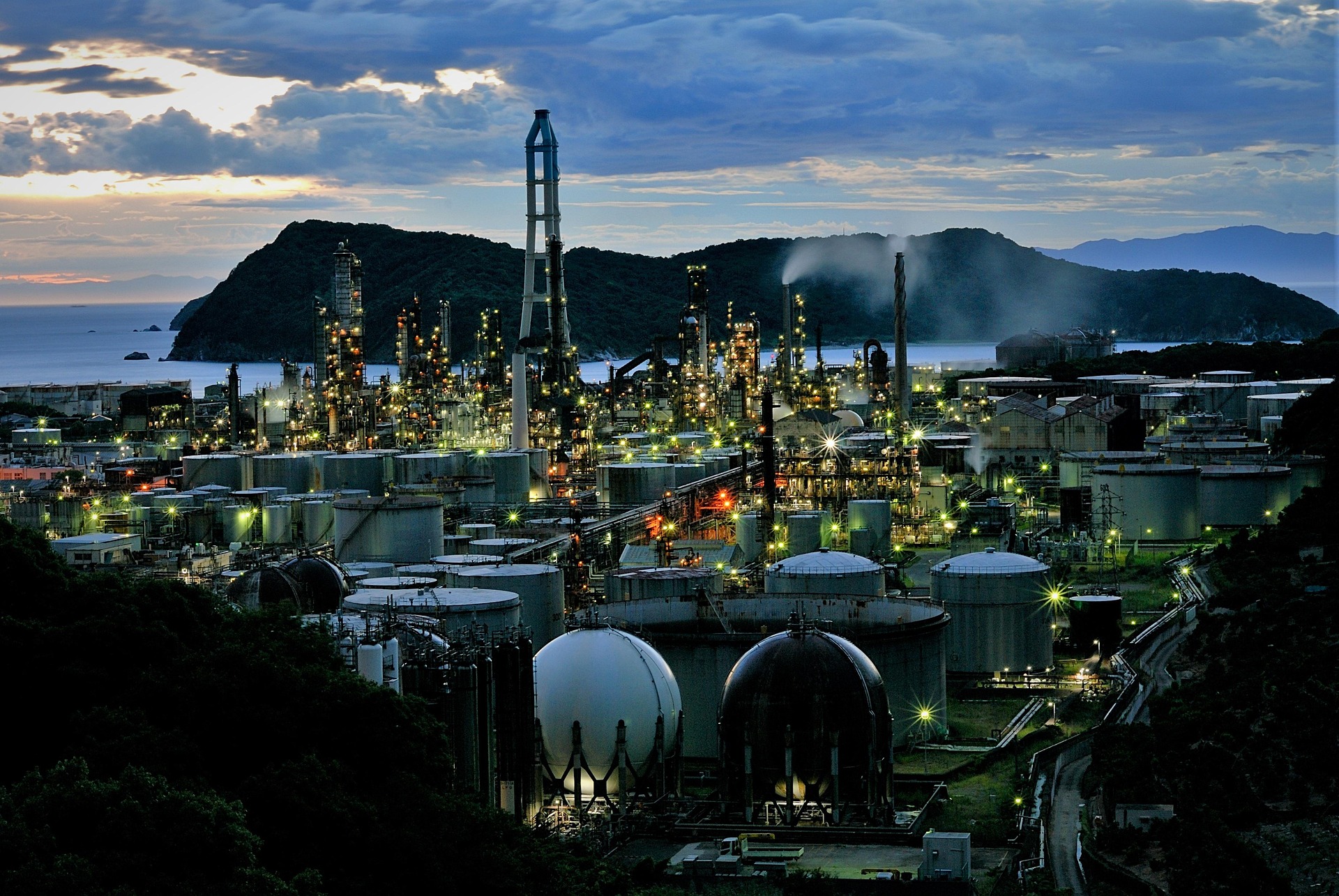Repsol is set to invest more than €800 million into a groundbreaking project in Tarragona, Catalonia, where the company will develop Europe’s first facility dedicated to converting urban waste into renewable methanol. This ambitious initiative marks a significant step in the decarbonization of the transport sector and the promotion of a circular economy.
The Tarragona Ecoplant, set to process 400,000 tons of waste annually, will produce 240,000 tons of renewable methanol, a key fuel in reducing the carbon footprint of shipping, aviation, and road transport. Utilizing advanced gasification technology developed by Enerkem, the plant will repurpose waste that would otherwise end up in landfills or incinerators. This innovative process is backed by the European Union’s Innovation Fund, recognizing its potential to significantly cut carbon emissions.
Over the plant’s first decade, the project is expected to reduce 3.4 million tons of CO2, aligning with the EU’s goal of decreasing carbon intensity in maritime transport by 40% by 2030 and 75% by 2050. With the global demand for methanol projected to rise substantially by 2050, Repsol is already exploring expansion opportunities beyond Tarragona to replicate the model in other regions.
The Ecoplant is also set to create substantial economic benefits, generating 340 long-term jobs and 2,800 temporary jobs during construction. Repsol’s commitment to the project underlines its ongoing focus on sustaining industrial employment in Spain and supporting the local economy.
As a major player in the renewable energy sector, Repsol continues to expand its portfolio of sustainable initiatives, including the production of renewable diesel in Cartagena, and sees renewable methanol as a cornerstone of the future energy landscape.
